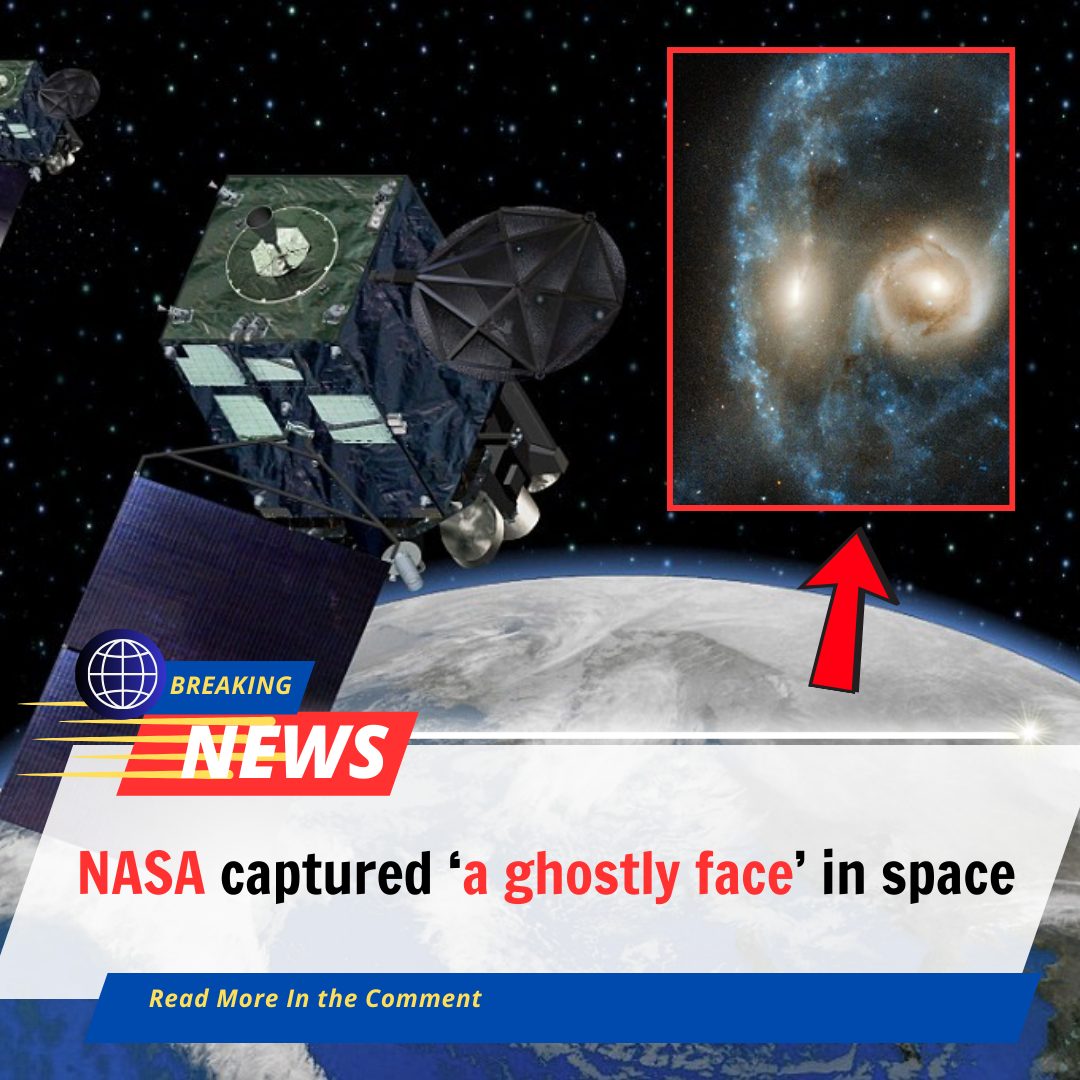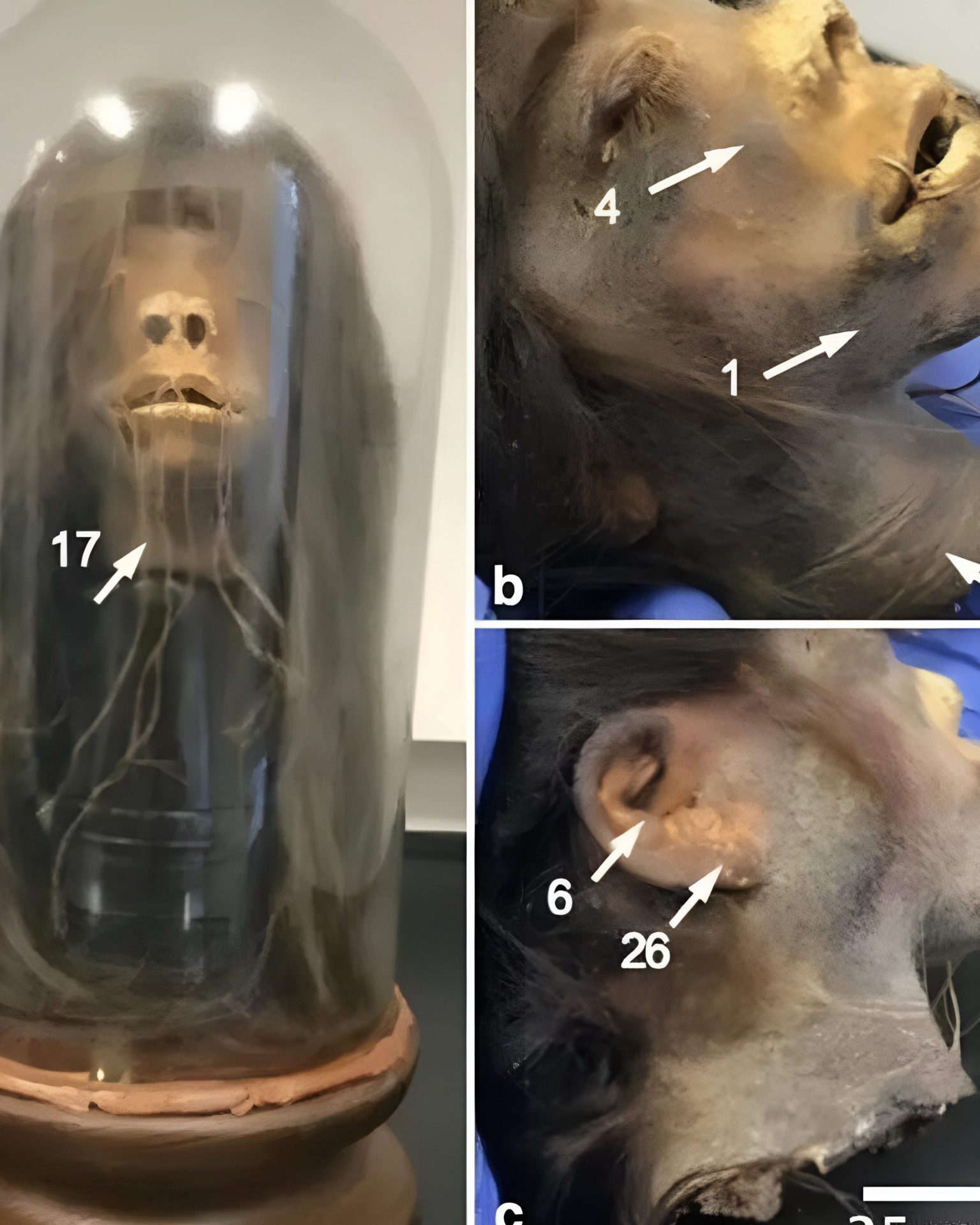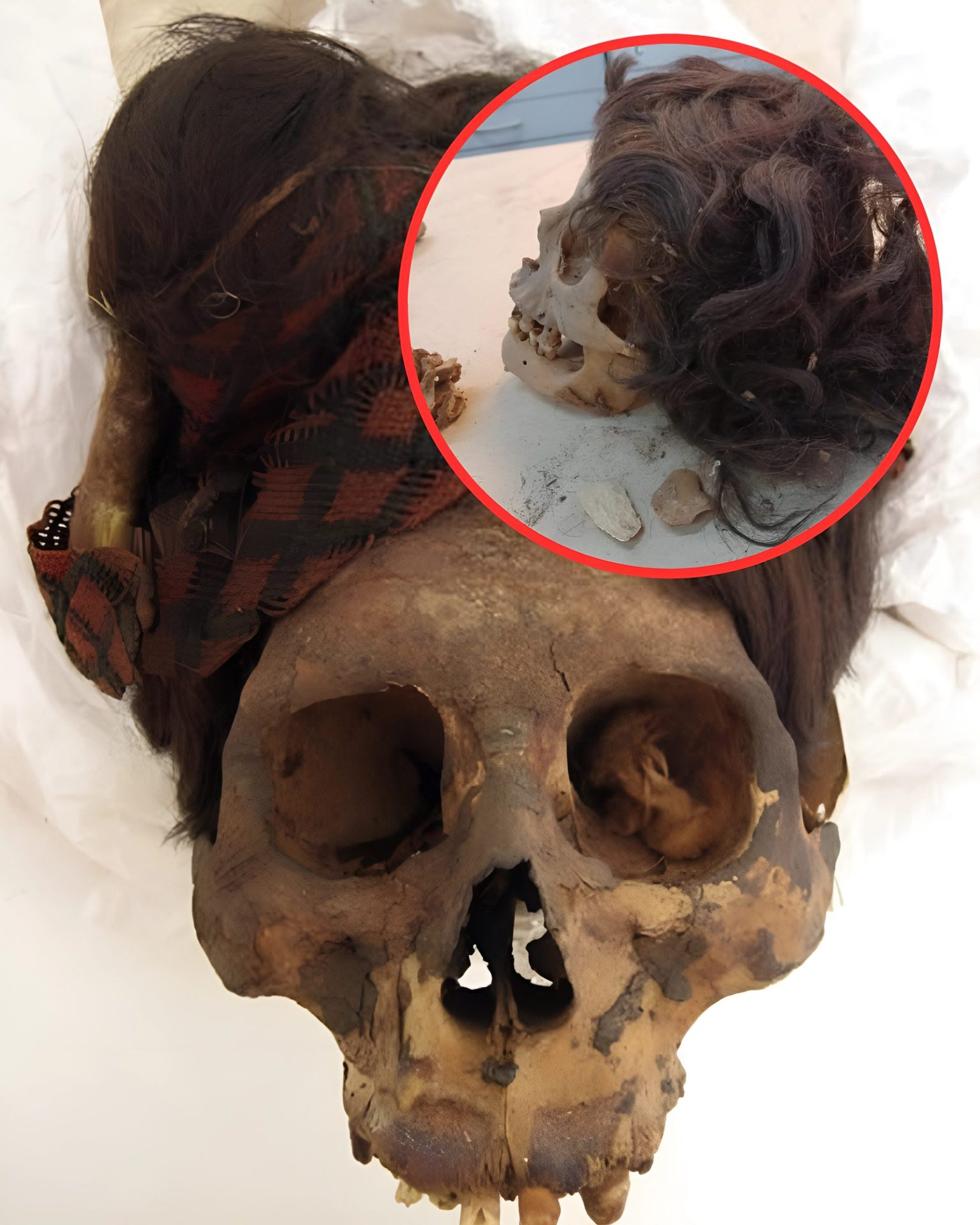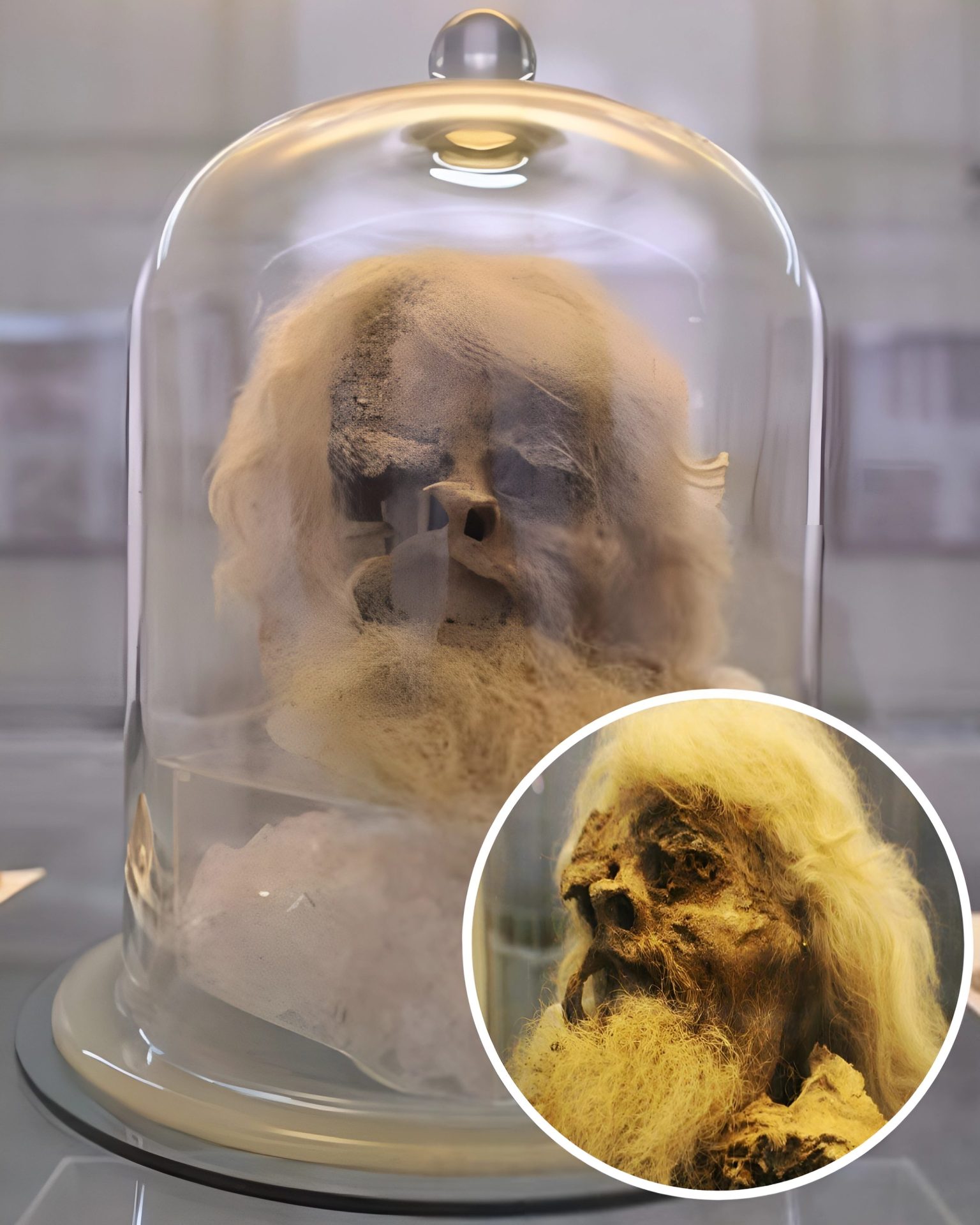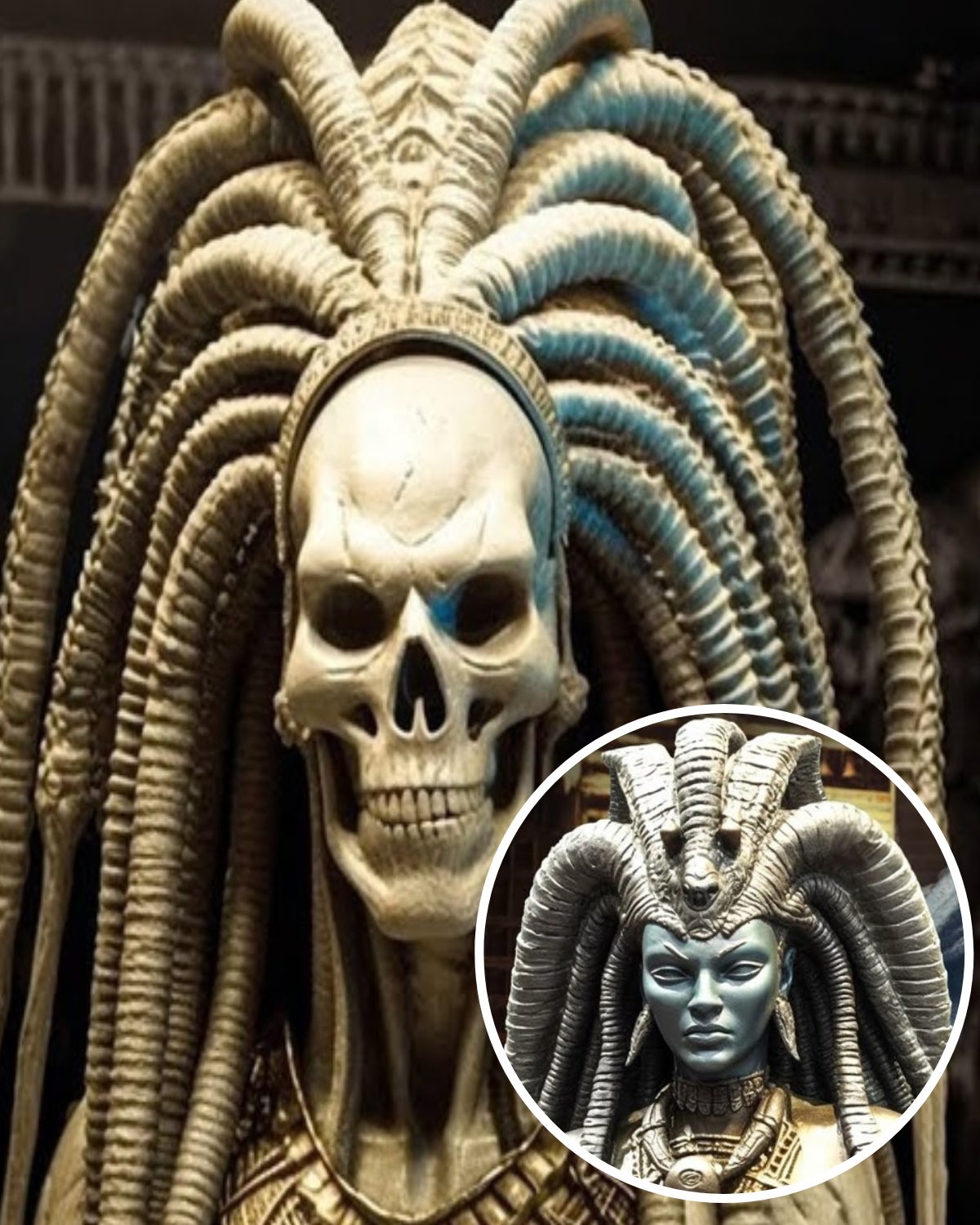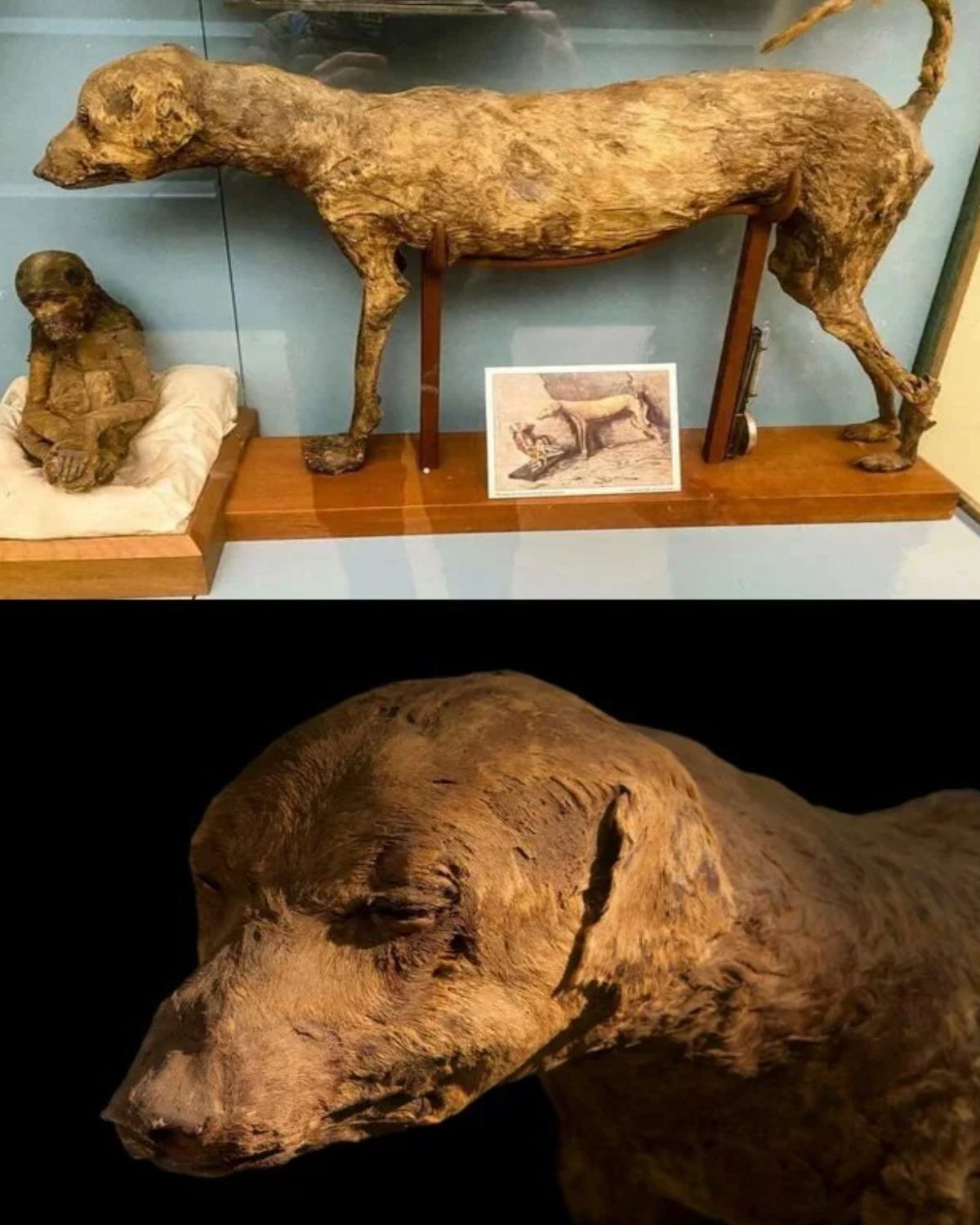In October 1932, two Wyoming prospectors named Cecil Mayne and Frank Carr were mining for gold in the San Pedro mountains when they discovered a little tunnel buried deep under the hard rock. They blasted their way through the rock, and as the dust settled, they discovered a small area in the cavern where they claimed to have discovered a tiny person’s mummy.
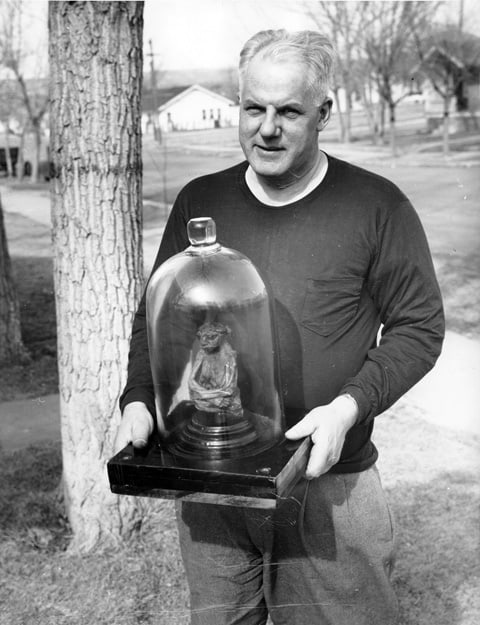
It was discovered sitting erect with its arms crossed, covering its crossed legs, and was dubbed “Pedro Mountains Mummy.” On a little ledge in the room, it sat perpendicular to the floor. It was around 7 inches tall seated and 14 inches tall (estimated) standing and weighed about 12 ounces. It had a flattened cranium with bulging eyes that were so well preserved that even the fingernails were evident. Because some sections of the mummies appeared to have been kept in a liquid, some speculated that Mayne and Carr were committing fraud by utilizing a newborn from a medical collection.
Dr. Harry Shapiro, a biological anthropologist from the American Museum of Natural History, examined the mummy in 1950. Dr. Shapiro concluded, based on the x-rays, that this mummy was the body of a 65-year-old man at the time of his death. Furthermore, this mummy’s canines were unusually big about the rest of its body, almost vampire-like.
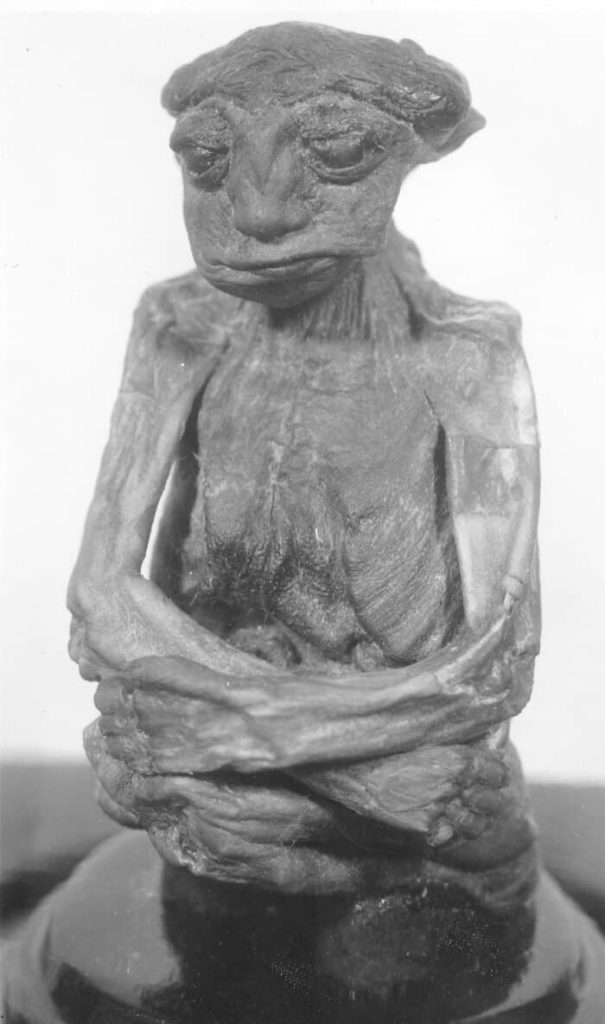
Harvard University and its anthropology department corroborated these findings. Dr. George Gill, a forensic anthropologist, suggested another explanation after seeing the x-ray in 1971. He speculated that the body could have belonged to an unidentified Indian tribe’s infant.
Mummies are common in Wyoming because the state’s arid climate is ideal for preserving tissue, however, little mummies are uncommon. The second, comparable mummy was discovered in the same region and brought to Dr. Gill’s attention after he was featured on the TV show Unsolved Mysteries.
This second mummy had blond hair and stood around four inches tall. This mummy was X-rayed and analyzed by Dr. Gill. It was a child with anencephaly who died in the eighteenth century, according to DNA and radiocarbon testing. The findings “validated everything I had previously suspected” about the Pedro Mountain Mummy, according to Gill, including the diagnosis of anencephaly.
One issue with dating the mummies without seeing them is that it was trapped tightly in a cave with thick rock, which might take thousands of years if done naturally, or it could have been placed there and sealed at a later date. As a result, estimating age without the corpses is difficult.
Little Men Legends
While current testing may reveal a wealth of information regarding Pedro’s origins, such testing is not possible because the location of the bones has been unknown for some years. The remains were allegedly displayed in sideshows in the 1940s before being purchased by a man called Ivan Goodman.
Native American stories, particularly those of the Shoshone tribe, speak of a hostile race of “small people” known as the Nimerigar. They dwelt in the San Pedro Mountains in south-central Wyoming, according to Native American legend, and used poisoned arrows to fight the area’s average-sized humans.
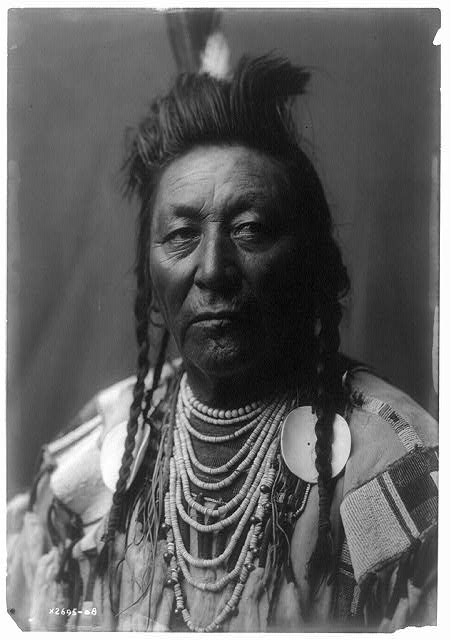
If a Nimerigar became sick or old, it was stated that they were slain by their people with a blow to the skull. The miniature mummies were also thought to bring bad luck to anyone who came across them, and Native Americans still warn people about the tribe of “little people eaters” that inhabit the San Pedro Mountain Range in Wyoming. Until the discovery of what is now known as “Pedro” the mummy, most of these tales were dismissed as mythology.
The Pryor Mountains, which are located in Montana and Wyoming, is famous for folklore and myths about strange small beings known as “Nirumbee” (Awwakkule).
A number are Crow Indian folklore’s small people. They’re frequently described as goblin-like creatures with sharp teeth and stubby necks, standing between one and two feet tall. They are primarily human opponents, and their antics vary from bothersome but innocuous mischief like stealing goods or tying knots in hair to evil attacks like kidnapping children or mutilating animals. In a few folktales, a number appears to assist a Crow, usually during a sacred fast or in exchange for a kindness performed for them.
Although the Nirumee were often compared to animals rather than humans, the Indians understood that the Nirumbee were more advanced than they were. There is a legend that the Nirumbee were already producing stone-tipped arrows with power and main when the Indians still used bone arrowheads, inflicting more dangerous wounds.
The legendary Crow chief Plenty Coups was one of the most famous Crow commanders to face the Little People (Aleek-chea-whoosh). Plenty Coup’s older brother (who was a brilliant warrior and exceedingly gorgeous, and whom Plenty Coups adored) was killed by raiding Lakotas when he was nine years old.
Pedro’s mystery continues to this day, even though his remains have yet to be discovered. Pedro’s remains, according to most scientists, were those of an adult male person. When Goodman died in 1950, the mummy was given to Leonard Walder, who kept it until it vanished.
